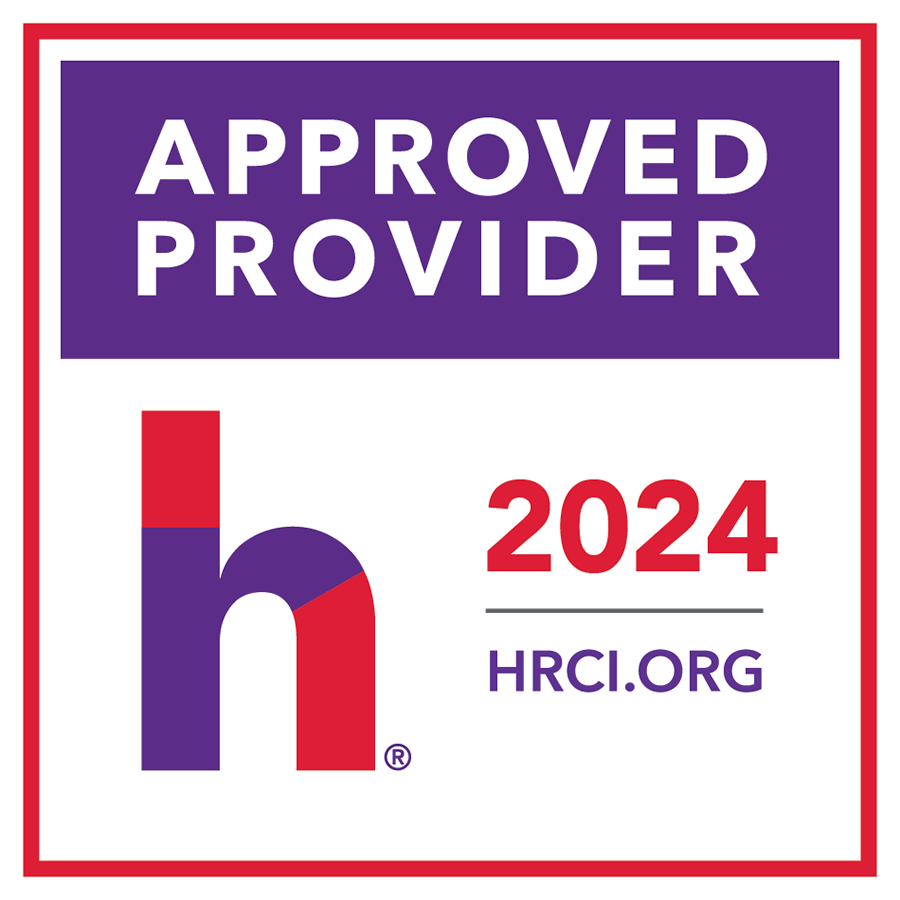Section 508 of ADA and Colleges-Tool for Success in 2025
- Discover the possibilities of personal growth and transformation with a complimentary on-demand session! when you purchase any webinar package, you are entitled to a free on-demand session with a microsoft- certified trainer on microsoft excel pivot tables. additionally, receive an extra $10 discount by using the coupon code - FREEEXCEL

Kent Seaver
Kent Seaver has 25 years of experience in the field of student assessment, learning resources and academic success. He h...
Cart Value $ 0.00
Description
This program will look at ways colleges and universities have (and can) run afoul of ADA Section 508, as well as the Web Content Accessibility Guidelines (2.0) Recent changes made to the enforcement of these regulations have impacted higher educational institutions in the areas of technology, including but not limited online instruction, visual presentations, college webpages, and learning resources. Kevin Rydberg, senior accessibility consultant with Siteimprove, a website optimization company, has stated that the changes “draws a line in the sand. “For those who have used the excuse of ‘We don’t know what the rule change is going to be, so we can’t design for it,’ that excuse is now gone.” He has never been more correct. The time to act is now…and not later.
Section 508 is a 1998 amendment to the Rehabilitation Act of 1973 that establishes federal accessibility guidelines for electronic and information technology. Numerous state colleges, as well as private institutions, have updated their online educational material to become compliant. In January 2017, the 508 standards were updated. They went into effect January 18, 2018. It is those updates that seem to have still caused some issues that will be explained in the presentation.
This presentation is coming at the perfect time in the world of education. Recent articles, decisions, and policy changes have come into effect that impact how a student accesses vital educational material, as well as how those schools deliver and store that information. In March of 2022, the Department of Education stated “Inaccessible web content means that people with disabilities are denied equal access to information. An inaccessible website can exclude people just as much as steps at an entrance to a physical location. Ensuring web accessibility for people with disabilities is a priority for the Department of Justice”.
Why you should Attend
The US Department of Education's Office for Civil Rights (OCR) is cracking down on school websites, and schools are scrambling to avoid conflicts with the OCR to ensure people with disabilities have equal access to programs, services, and activities. The OCR currently has 37 active investigations focused on US institutions of higher educations, and 59 more in regard to K-12 institutions (9/24/24). These investigations into web accessibility cases involve college websites, distance learning, remote apps and online educational organizations. There are even inquiries regarding violations with school and university website's digital coursework, multimedia and library resources. This presentation will examine changes made to Section 508 of the Americans with Disabilities Act, along with the learning implication associated with current Web Content Accessibility Guidelines (WCAG 2.0). Guidelines and Best Practices will be addressed allowing higher education stakeholders to understand what is expected of them in relation to both of these technology mandates.
Because of these inquiries, the Department of Justice is updating their effort to increase focus on compliance with federal accessibility laws in the digital world. This is an issue that gained a great deal of attention during the COVID lockdown and the remote work and instruction that occurred as a result. According to the DOJ, “widespread telework arrangements revealed some key deficiencies in website and internet accessibility for workers with disabilities, a “digital divide” that has led to employment gaps and other negative outcomes.”
The focus on the “why” of what we as academic institutions do should be at the center of actions and policies. Understanding the “why” allows for strong, specific formulas in terms of academic success. The “why” allows us to understand the issue, the need for change, and the reason for implementation.
Session Highlights:
Attendees will be able to examine the importance of access of web-based and digital education, and how this access can be unfettered and provided in colleges and universities. This will be done by the following:
- Understand how ADA Section 508 has changed
- Gain an insight into WCAG 2.0 and how it relates to your institution
- Know what Accessibility is, and why it matters for your college’s website
- Realize the benefits that accompany changes to Section 508
- Discuss how to implement responsible accommodations and trainings
Who should Attend
This event is perfect for those in Student Services or decision-making roles: Directors of Advising and Testing, Directors of Inclusion and Accessibility, Faculty, Librarians, as well as ADA 504 and 508 specialists. Lastly, Deans in charge of making decision regarding accommodations and grievances would benefit knowing what the 508 landscape looks like now, and in the future.
Key Pointers
- What is Section 508
- Comparing ADA and 508
- Terms to know
- Web Content Accessibility Guidelines
- WGAG 2.0
- Levels of Compliance
- Changes to 508
- Level -A
- Universal Design
- Benefits of Compliance
- Better Trained Faculty
- Web Page is Marketing Tool
- The Law!
- Wrap-up
Yearly Plan
$999
Unlimited live sessions
- ✔ Handouts
- ✔ Certificates
- ✔ Access to all sessions
- ✔ 20 Downloads + Transcript
THE SUBSCRIPTION IS VALID FOR A YEAR
6-Month Plan
$499
Unlimited live sessions
- ✔ Handouts
- ✔ Certificates
- ✔ Access to all sessions
- ✔ 10 Downloads + Transcript
THE SUBSCRIPTION IS VALID FOR 6 MONTHS
Related Products



Garrett Wasny , MA, CMC, CITP/FIBP
GARRETT WASNY, MA, CMC, CITP/FITP, is a Certified Manag...



Margie Faulk
Margie Faulk is a senior-level human resources professi...



Margie Faulk
Margie Faulk is a senior-level human resources professi...



Dayna J Reum
Dayna is currently the Senior Director of Payroll & HRI...



Anthony Curatola
Tony Curatola is the Joseph F. Ford Professor of Accoun...



Margie Faulk
Margie Faulk is a senior-level human resources professi...



Nicholas Preusch
Nicholas has worked with the Internal Revenue Service a...

Jo Becker
A Realtor®-turned-fair housing advocate, Jo Becker was ...



Jason Dinesen
Jason Dinesen (EA, LPA) is a tax nerd, entrepreneur, ta...

Lynn Anderanin
Lynn Anderanin, CPC,CPC-I, COSC is the Sr. Director Cod...



Dayna J Reum
Dayna is currently the Senior Director of Payroll & HRI...



Anthony Curatola
Tony Curatola is the Joseph F. Ford Professor of Accoun...

